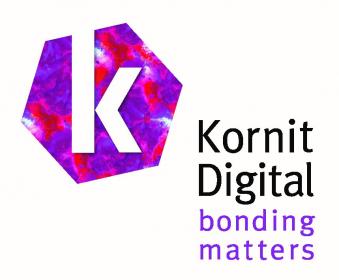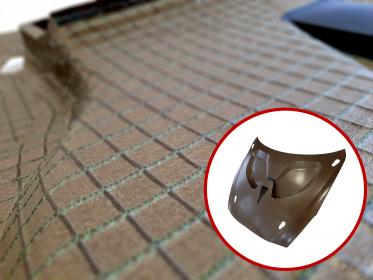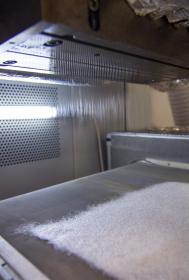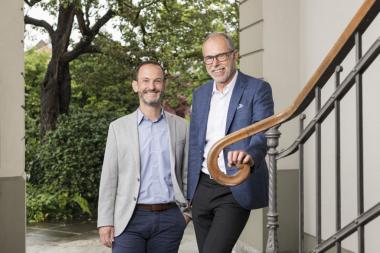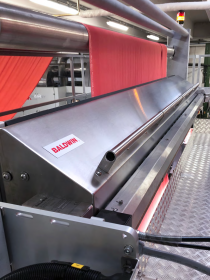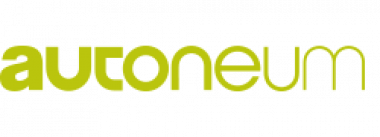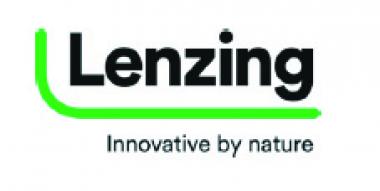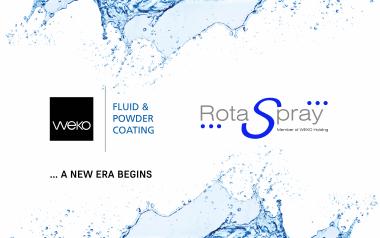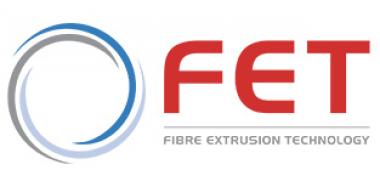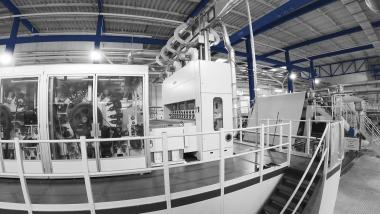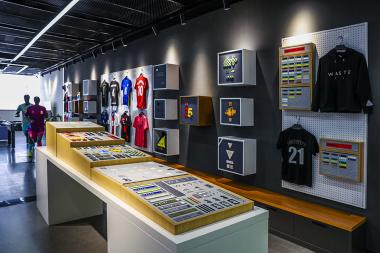Kornit Digital acquires Voxel8
- Expanding additive manufacturing technology portfolio for next generation of sustainable on-demand textile production
Kornit Digital Ltd. (NASDAQ: KRNT), a worldwide market leader in digital textile production technologies, announced the acquisition of all associated assets of Somerville, Massachusetts-based Voxel8.
Voxel8’s advanced additive manufacturing technology for textiles allows for digital fabrication of functional features with zonal control of material properties, in addition to utilizing high-performance elastomers adhering to inkjet technology.
"By integrating Voxel8’s technology into Kornit’s product roadmap, we will be able to transform numerous market segments and verticals, accelerating our collective visions and technology advancements," . “Voxel8 offers direct 3D print-on-part capabilities, advanced design software that can be easily integrated with any production floor software workflow, and versatile chemistry enabling on-the-fly formulation of high-performance elastomers to change the material properties of the resulting printed structures by multiple orders of magnitude. This means reflective, high-density, silicone and metallics, as well as compression elements for sports and therapeutics, protection elements like cushioning and impact resistance, and functionality applications like anti-slip, waterproofing, and other qualities combining form and function that are key to Kornit’s vision of digitizing production in every conceivable manner,” explained Kobi Mann, Kornit Digital Chief Technology Officer
pr4u for Kornit


